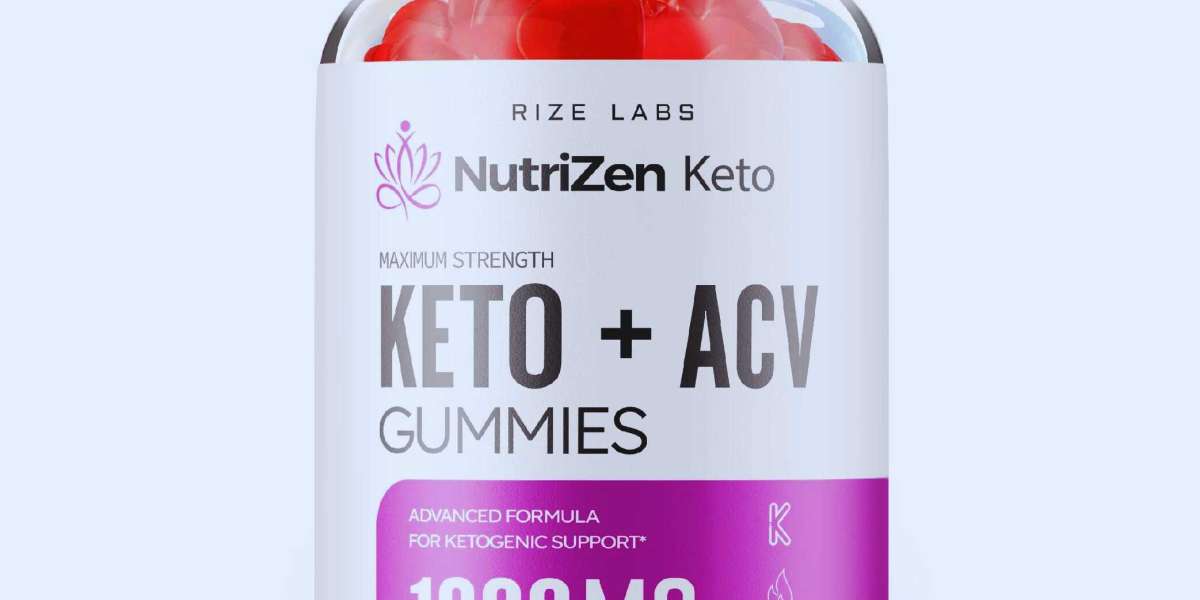What Is Diminished Value?
Diminished value refers to the drop in a vehicle’s market value after it's been in an accident—even after professional repairs. That’s because most buyers (and dealerships) are wary of cars with accident histories. Even if a car looks and drives like new, the fact that it's been in a collision can make it less desirable, especially when that history shows up on vehicle reports like Carfax.
Types of Diminished Value
Not all diminished value is the same. It typically falls into three main categories:
1. Immediate Diminished Value
This is the reduction in your car’s value right after the accident, before any repairs are made. A damaged car, even temporarily, will be worth less than a similar undamaged vehicle.
2. Inherent Diminished Value
This is the most common type. It refers to the loss in value that remains even after the car has been fully repaired. Why? Because once an accident goes on record, it stays there. Buyers may fear long-term reliability issues, even if the repair work was flawless.
3. Repair-Related Diminished Value
This happens when the repairs themselves reduce the value. Using aftermarket parts, mismatched paint, or poor workmanship can further decrease your car’s resale value. In essence, subpar repairs can make a bad situation worse.
How an Accident Affects Resale Value
Buyers and dealerships take several factors into account when evaluating a vehicle after an accident:
Severity of the Damage – Was the damage cosmetic or did it affect the structure?
Repair Quality – Were OEM (Original Equipment Manufacturer) parts used? Was the repair done according to factory standards?
Airbag Deployment Frame Damage – These are red flags for many buyers, as they often indicate serious safety concerns.
Luxury or newer vehicles often suffer a more noticeable value drop compared to older or economy models. Why? Because people expect high-end cars to be in pristine condition.
How to Maximise Your Car’s Value After an Accident
While you can’t turn back time, there are steps you can take to reduce the financial impact of an accident:
1. Use a Certified Repair Shop
Always opt for a reputable, manufacturer-certified auto body shop. These shops follow strict repair guidelines and use OEM parts, which helps retain your vehicle's value.
2. Insist on OEM Parts
OEM parts are made for your specific vehicle and ensure optimal performance and appearance. Aftermarket alternatives might save money in the short term but can reduce your car’s value and appeal.
3. Match the Paint Precisely
Paint mismatches are a major giveaway that a car’s been repaired. Ensuring a perfect match makes the vehicle look seamless and avoids turning off potential buyers.
4. Keep Detailed Repair Records
Hold onto all documents related to the repair. Detailed service records can instill confidence in future buyers or dealerships that the vehicle was properly restored.
Also Read: How to Make a Diminished Value Car Insurance Claim
What Is a Diminished Value Appraisal?
If you're worried about how much value your car has lost, a diminished value appraisal can give you the facts. This involves a professional assessment of your car’s pre-accident value, the damage sustained, and the quality of repairs. It’s especially helpful if you plan to:
File an insurance claim for diminished value
Negotiate a higher trade-in offer
Sell your vehicle privately with full transparency
A formal appraisal provides leverage and documentation that could help you recover some of the lost value.
Filing a Diminished Value Claim
Yes, you might be able to recoup some of the lost value by filing a diminished value claim with your insurance company, especially if you weren’t at fault. However, not all insurers cover this, and those that do often make it tricky.
Here’s what helps your claim:
A certified diminished value appraisal Florida
Evidence of high-quality repairs
Documentation of your car’s condition before and after the accident
Be aware that factors like your vehicle's age, mileage, and pre-accident condition play a role in the outcome. Having strong supporting documents is key to a successful claim.
Why Quality Collision Repair Still Matters
While no repair can erase the fact that your car was in an accident, choosing the right repair process makes a significant difference. High-quality collision repairs help maintain both the appearance and functionality of your vehicle, two factors that influence resale value more than you might think.
Final Thoughts
An accident doesn't have to total your car’s value. By understanding diminished value and taking proactive steps, like choosing certified repairs, keeping records, and considering a professional appraisal, you can help your car retain as much worth as possible.
Whether you’re looking to sell, trade, or simply want peace of mind, being informed about diminished value puts you in a stronger position to protect your investment.
Also Read: Recover the Loss in Resale Value of Your Car



